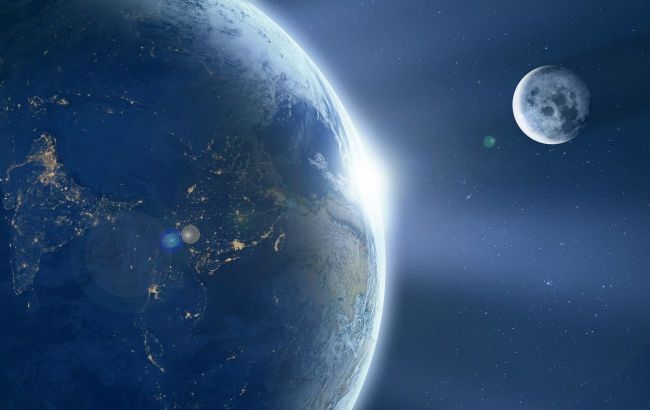What would happen to Earth if Moon disappears
 What would happen to the Earth if the Moon disappeared (pixabay.com)
What would happen to the Earth if the Moon disappeared (pixabay.com)
The Moon, Earth's only natural satellite, wields a significant influence over our planet. If it were to suddenly disappear, the consequences would be massive, but would it lead to catastrophe?
Below is a more deatiled expanantion, according to Cosmos YouTube channel.
What would happen to the Earth if the Moon disappeared?
"Quite often, hypothetical questions arise in the comments of our videos and articles about things that cannot happen in real life. One such question can be formulated as follows: what would happen to Earth if the Moon suddenly disappeared? Let's explore this together," says the expert.
According to the laws of physics, any object can't simply vanish. However, if we assume that our planet's natural satellite does indeed disappear, the consequences for us would be enormous.
Will the Earth rotate faster?
There's a common myth that if the Moon were to vanish, Earth would start rotating faster, leading to catastrophic events. However, this is not the case. The Moon's disappearance would have almost no impact on the speed of the planet's rotation. There would be a minor effect due to the absence of lunar tidal forces," explains the astrophysicist.
What about tides?
The primary change resulting from the Moon's disappearance would be the impact on tidal waves. These waves don't just occur in the oceans but also in Earth's mantle. The Moon's gravitational force causes the uplift of a massive amount of material within our planet's mantle, moving around the core in a similar way to ocean tides but on a much larger scale," says the expert.
The disappearance of this wave would lead to significant consequences. Earth's tectonic plates are accustomed to receiving tidal forces from both the Sun and the Moon. Their disappearance would disrupt the balance in the planet's crust, causing it to transition to a new equilibrium.
"During this transitional period, there would be an increase in earthquakes and volcanic activity on Earth. Additionally, the amount of heat released from the Earth's interior would decrease, which, in the long term, would lead to a reduction in temperature," explains the astrophysicist.
A change of 2 degrees would not be significant, but a 15-degree shift could significantly impact Earth's magnetic field.
What about the Earth's magnetic field?
At present, it's difficult to assess how dangerous the Moon's disappearance would be for our magnetic field. However, we can say that there would be no positive outcome. Even if the magnetic field were to completely disappear, it would take hundreds of millions of years," says the expert.
Impact on wildlife
The Moon's disappearance would result in a lack of natural illumination at night. City dwellers might not even notice it, but this would have a significant impact on animals.
"In many species, correlations have been found between the phases of the Moon and periods of reproduction. This is often observed among marine species, but it also applies to terrestrial creatures," explains the astrophysicist.
Additionally, many creatures rely on tides for feeding and breeding. Their reduction would disrupt many food chains, causing an unforeseen impact on ecosystems.

